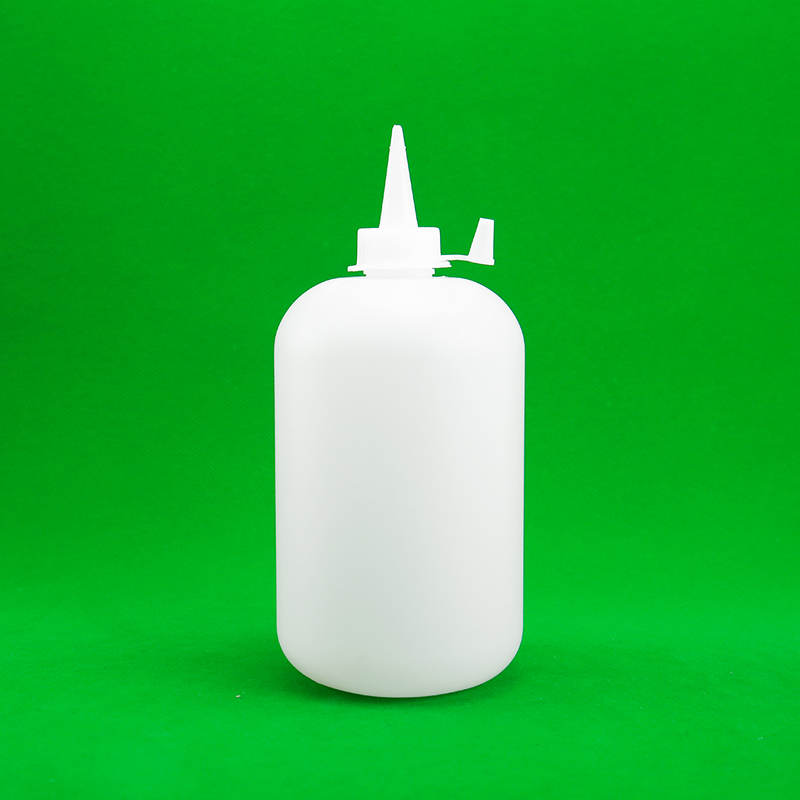The Impact of Plastic Coffee Cups on Our Environment and Society
In our fast-paced world, coffee has become more than just a beverage; it is a ritual for many that kickstarts the day and fuels productivity. With the increasing popularity of coffee culture, the use of plastic coffee cups has surged dramatically, leading to significant environmental concerns. This article explores the impact of plastic coffee cups on our planet and our society, and discusses potential solutions and alternatives.
Plastic coffee cups are typically made of polystyrene, a material that is convenient for both consumers and businesses. They are lightweight, inexpensive, and readily available, making them an attractive option for cafés and convenience stores. However, the price of convenience often comes at a high cost to the environment.
Environmental Consequences
One of the most alarming issues associated with plastic coffee cups is their contribution to pollution. It is estimated that billions of disposable cups are used each year globally, with a significant percentage ending up in landfills. Unlike many other types of plastic, polystyrene is notoriously difficult to recycle. As a result, most plastic coffee cups do not find their way back into a recycling loop, persisting in landfills for an estimated 500 years before they break down. During this time, they release harmful chemicals into the soil and waterways, further exacerbating environmental degradation.
Moreover, plastic cups that do not make it to the landfill often end up in oceans, where they pose a dire threat to marine life. Sea turtles, birds, and other creatures may ingest or become entangled in discarded plastic, causing injuries or death. The impact on ecosystems is profound, and the ripple effects can disrupt entire food chains. Beyond wildlife, plastic pollution can infiltrate food sources, raising concerns about the safety of our food system.
Social Implications
plastic coffee cups

The widespread use of plastic coffee cups also has social implications
. The convenience mindset encourages a culture of disposability, leading to an overall increase in waste generation. This throwaway culture fosters a lack of awareness and responsibility for our environmental footprint. Many consumers may not think critically about their consumption habits, often prioritizing convenience over sustainability.
Additionally, the production of plastic coffee cups has an environmental cost beyond just disposal. The extraction and processing of petroleum—used to make plastic—contribute to carbon emissions and the loss of biodiversity. Communities near extraction sites often face pollution and health issues, leading to social inequities wherein marginalized groups may bear the brunt of environmental degradation.
The Shift Towards Alternatives
Recognizing the dangers associated with plastic coffee cups, many individuals and businesses are making a conscious effort to shift toward more sustainable alternatives. Reusable coffee cups have gained popularity as a practical solution. Made from materials like stainless steel, glass, or BPA-free plastic, these cups can drastically reduce waste and the demand for single-use plastics. Many coffee shops now encourage customers to bring their reusable cups by offering discounts, which is a step in the right direction.
Moreover, innovations in eco-friendly materials have led to the development of biodegradable cups made from plant-based substances. While they still require proper industrial composting to break down efficiently, they present a less harmful option compared to traditional plastic cups.
Conclusion
The overwhelming reliance on plastic coffee cups presents significant challenges for our environment and society. While the convenience they offer is undeniable, the long-term consequences are too severe to overlook. By fostering a culture of sustainability through the use of reusable cups and supporting environmentally friendly practices, we can mitigate the adverse effects of plastic waste. As consumers, we have the power to enact change by making informed choices and advocating for policies that diminish our reliance on single-use plastics. Collective action and responsibility are essential in addressing the plastic crisis and preserving our planet for future generations. Only by working together can we create a cleaner, healthier world that values sustainable practices over convenience.



